The idea to treat your allergies with raw honey is not a new one. My sister-in-law and her husband are currently living fully off grid – no wires or pipes going to their house. They have dreamed of doing so for many many years so it’s been fun seeing their dream realized.
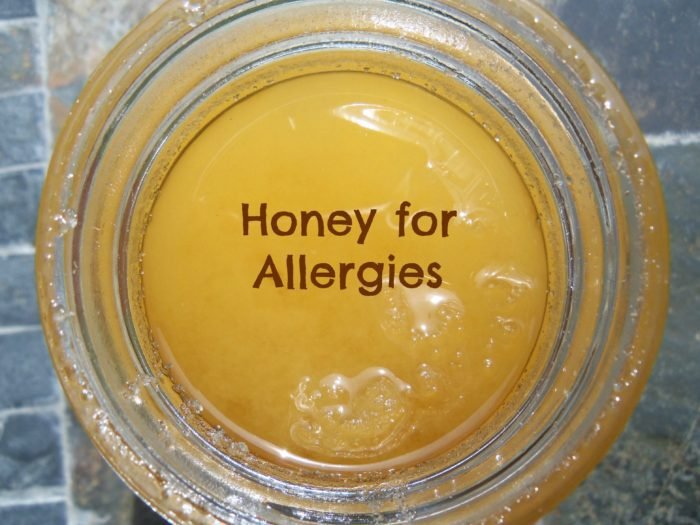
They’ve taught me a lot about doing things naturally. They were actually instrumental in getting me started down this natural path.
It was my brother-in-law who first told me about eating honey for allergies. He’s always suffered from really bad environmental allergies in May, so he started eating honey throughout the year that was farmed from their immediate area. His allergies are so much better now! So, what are the details?
How Does it Work
There is no money for drug companies if people eat honey for their allergies. Therefore, you will not find many studies done on this. One study is from The International Archives of Allergy and Immunology. The people in the study had 70% fewer days with severe symptoms and used 50% less antihistamines.
Logically, from what we’ve learned about allergies, it makes sense. When you have an allergic reaction, your body is reacting to a substance as if it were poison and would kill you. The body goes into full defense mode and sometimes reacts to such a degree that it is life threatening (yeah, kind of defeats the purpose).
Well, immunotherapy is the idea of introducing a substance that your body reacts to in tiny tiny degrees; training your body to not react. When people get allergy shots, this is what they are doing: slowly giving their body a tiny bit of the substance they are allergic to in order to train the body not to produce histamine as a reaction.
Real Honey Contains Pollen
Real Honey can be harder to find than you think. Not only is there a mixture of corn syrup in a lot of honey on the shelf, but most have the pollen refined out of them so you cannot tell where they came from (scientifically, pollen is like a gps coordinate). This is dangerous since many places like China and India have tried to sell honey full of antibiotics and heavy metals. In 2011, Food Safety News took over 60 samples from over 10 American States and 76% of them from grocery stores were without pollen, while 100% of those from pharmacies were without pollen. (Food Safety News).
So buying honey bear off the shelf at your local grocery store is not good enough….unless you know more about it.
It Must Be Local
For Pollen to work as immunotherapy, it must contain pollen and it must be local. Unless you live in a frozen tundra, you probably have someone near you who sells honey from their own bees. Look around in the local stores, ask friends, and find local honey. The reason it needs to be local honey is because the pollen will be from plants that you are constantly exposed to. That’s what you need, not some foreign plants that you will never see or react to. Though, say if you live in PA, USA and get some honey in Tennessee, or even Colorado, there is probably enough cross over in plants that it will be very beneficial.
If you can talk to the bee keeper, ask him/her a few questions:
- Do you supplement with corn syrup in the winter? (Not, good for you or your body)
- How is it processed?
- Anything added?
Hopefully they will look at you like your crazy to the first and second questions.
How Often?
I would suggest 2-4 teaspoons of raw local honey per day for several months prior to your allergy season.
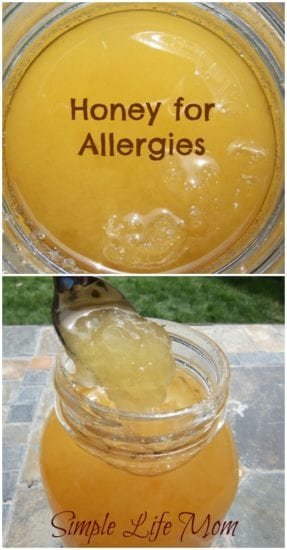
This, along with a very healthy diet (making sure you have a healthy gut), will help you along your journey to be allergy free!


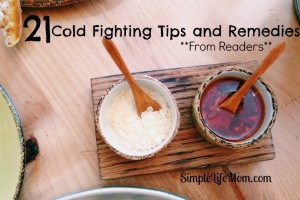
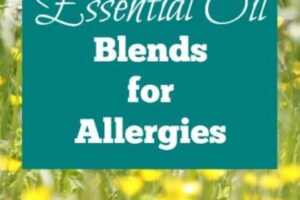
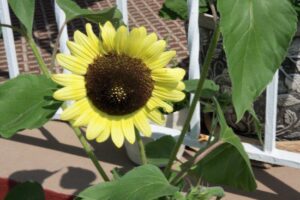

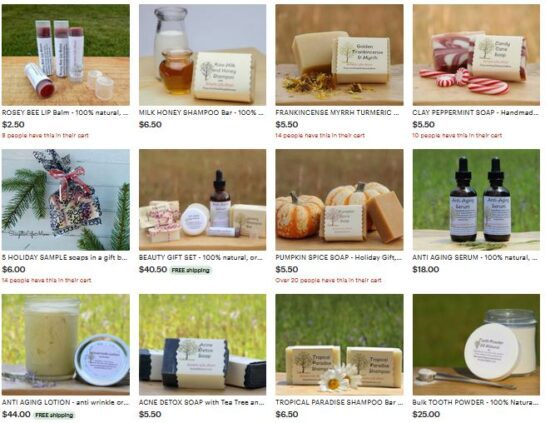
33 Comments
Leave your reply.